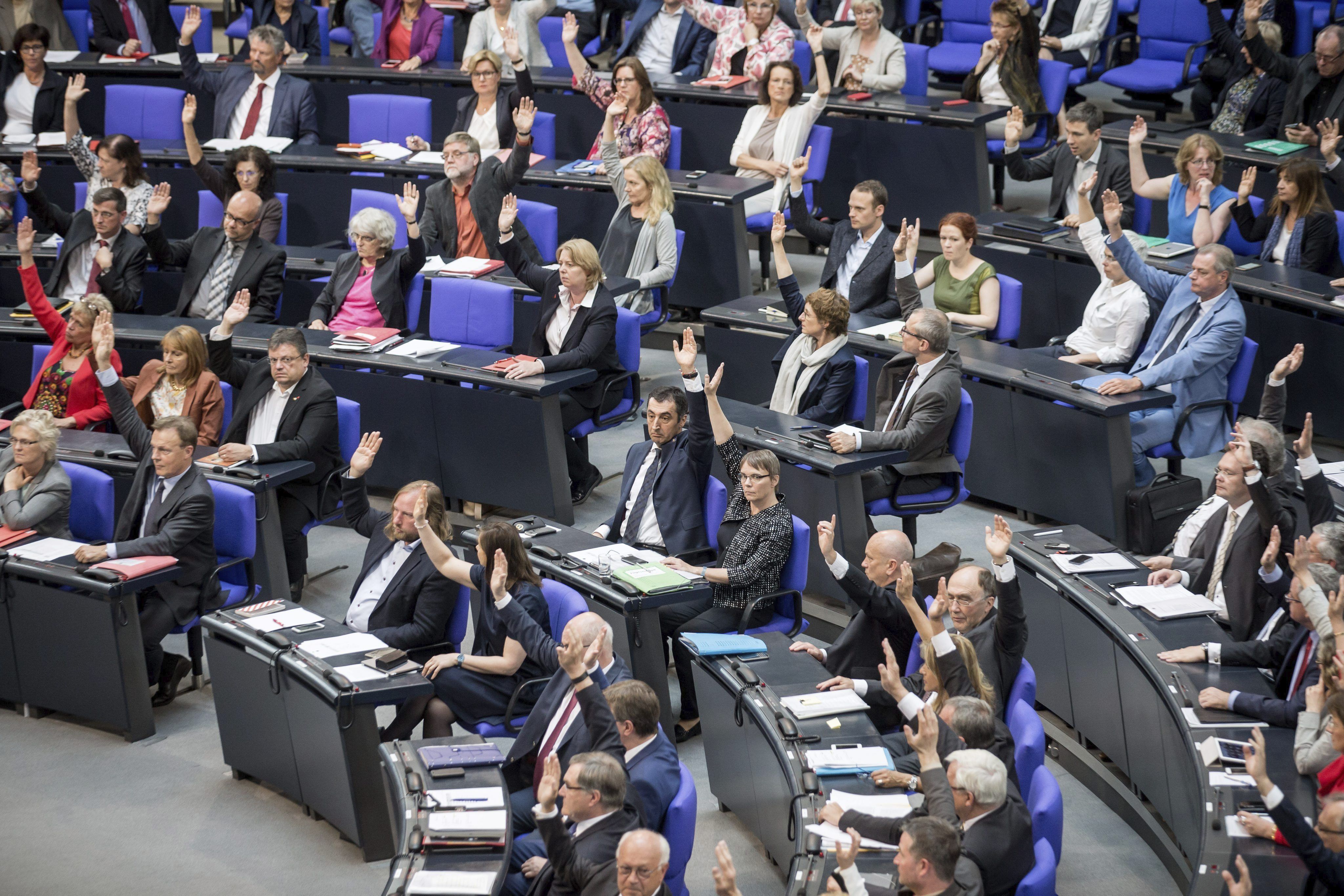The political tension in Germany over the European Arrest Warrant against president Carles Puigdemont is growing, in a country where such questions aren't normally accompanied by controversy and over a power which Berlin devolved to the federal states years ago.
Whilst the German government would like to help "de-escalate" the conflict, as recommended by the think tanks that advise them, the parties are picking up the debate. But the German government doesn't want inconvenience its Spanish counterpart, an equation which seems ever more difficult.
Member of Die Linke and president of the Party of the European Left, Gregor Gysi, has called on the German government to veto Puigdemont's extradition. "Let us hope that Germany is not prepared to turn into an accessory to the Spanish government in imprisoning Catalans", he told Neue Osnabrücker Zeitung (in German). He also warned of the risk it would be for Germany to "assume responsibility for a further violent deterioration of the conflict and to become a part of the conflict itself". Die Linke would be prepared to take Puigdemont to visit the Bundestag if he is released on bail.
On the other hand, deputy chairperson for FDP in the Bundestag, Alexander, Count Lambsdorff, has warned the federal government to not veto the extradition if the Higher Regional Court of Schleswig-Holstein decides it should take place. "That would be a direct confrontation with an especially close friendly country, a friend and partner", he told Passauer Neue Presse (in German), referring to Mariano Rajoy's government. "A veto would therefore be a very bad option, worse still than extradition," he says.
Opposite debate to Spain
The overexcited version given by Spanish media of the existence of violence in the actions by the CDRs and the response from Spanish public prosecutors are further complicating the debate in Germany, because they interpret it as meaning Puigdemont's detention has escalated the internal situation, when Germany is looking to relax it.
Anne Holbach, a journalist for Kieler Nachrichten (in German), says that "violence threatens, however, if Madrid doesn't slowly reach out to the Catalans again. The riots after Puigdemont's arrest could have been just a taste. The more the state suppresses independence supporters, the more likely they are to radicalise." She concludes that Spain already knows what that leads to after its experience with ETA.

